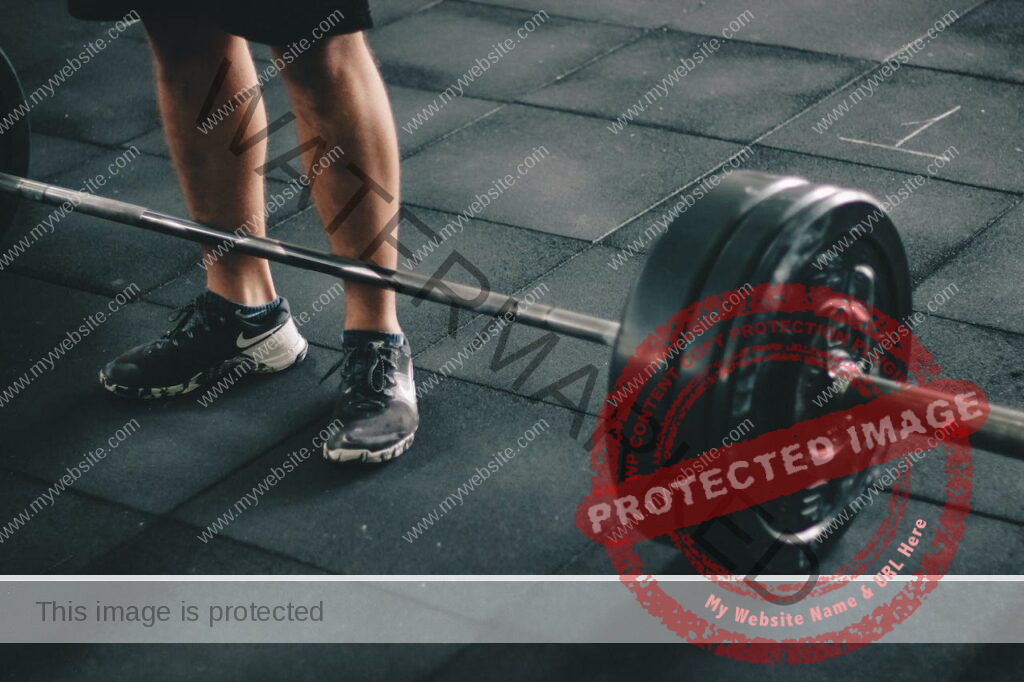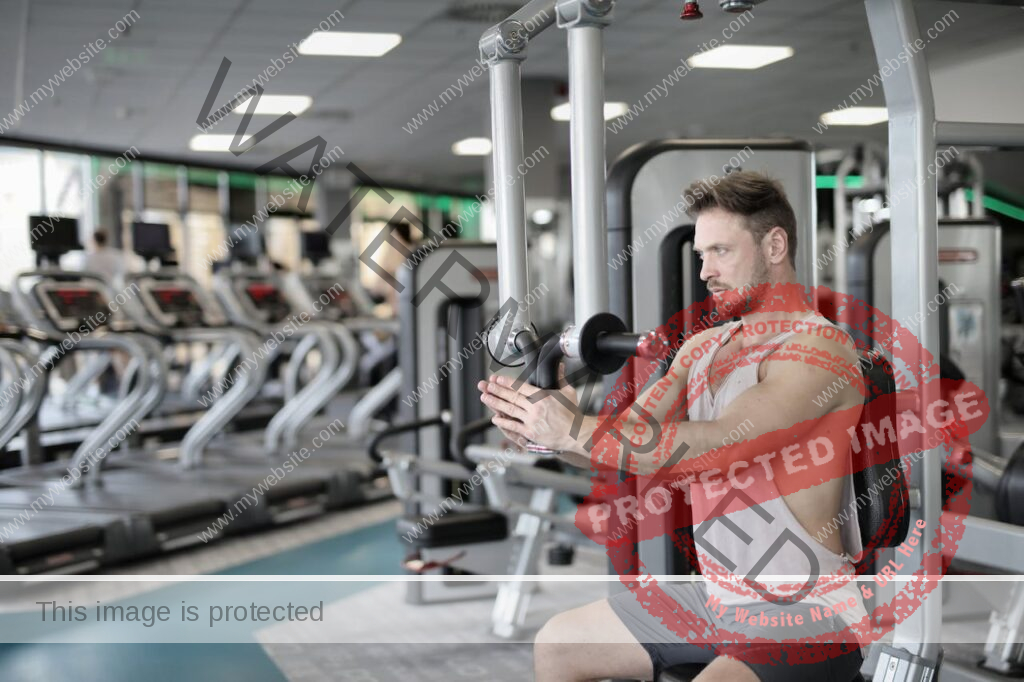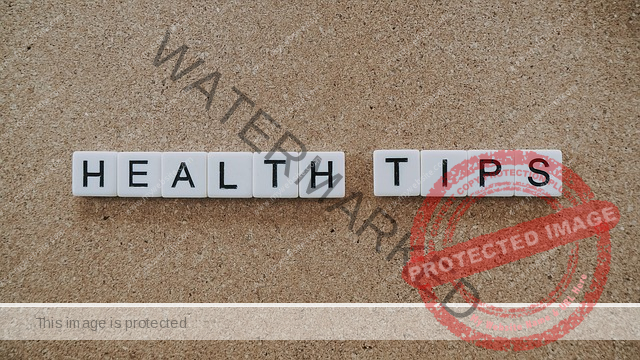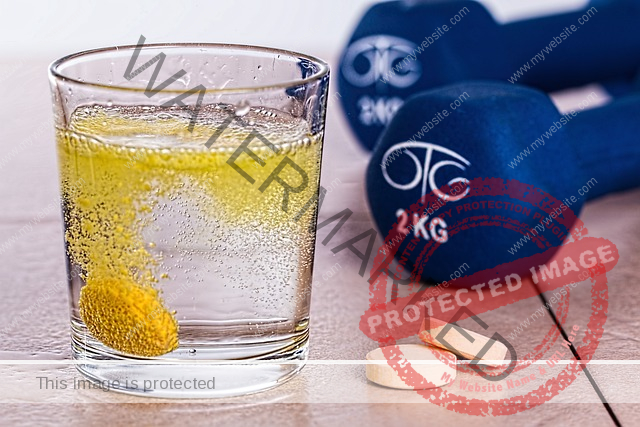6 Factors That Can Affect How Many Calories You Burn:That Influence Your Calorie Burn Rate
Your Calorie Burning May Depend on Six Different Things
The truth is that metabolism is a complicated process that encompasses all the bodily functions that break down nutrition to produce energy, support development, and other functions. According to New York City-based functional medicine practitioner Anya Rosen, RD, “there is a constant ebb and flow of reactions that build or repair our body (anabolism) and reactions that break down food and energy stores for fuel (catabolism).” She continues, “Researching this topic is really difficult due to its extreme complexity.” There are several elements that determine how quickly or slowly you burn calories at any one moment.
These are the six that, according to researchers, have the most effects on how many calories you burn when exercising.
1. Weight of Body: Calories Burning
As a general rule, “the more you weigh, the more calories you’ll burn per session,” says Momentus’s head of content, Kyle Gonzalez, CSCS, of Los Angeles. “Since calories are merely a measurement of energy, moving your body requires more energy if you weigh more.” Stated differently, the heavier of the two will burn more calories during a given amount of movement since they will be using more energy.
Because larger internal organs—like the heart, liver, kidneys, and lungs—need energy to function, having larger bodies also tends to result in larger internal organs. This has a big impact on how many calories are used both at rest and during exercise. According to one study, variations in the size of an individual’s internal organs can account for as much as 43% of the variance in their total calorie burn.

Your body burns less calories as your weight drops, which can result in a weight loss plateau or even weight increase. This is just one of the many reasons that weight loss is so difficult to achieve. However, it’s not the sole explanation. According to a review, losing weight can also lead to other alterations in your body’s functioning. Hormones, for instance, cause you to feel less satisfied and more hungry when you lose weight.
Consider consulting with a licensed dietician who specializes in weight reduction and can assist you in reaching your goal in a sustainable and healthful manner if you’re trying to lose weight but have reached a plateau. Visit the Academy of Nutrition & Dietetics to locate one.
Remember that exercise improves your general health whether or whether you lose weight as well. According to a review that was published in 2021, regardless of weight, higher cardiorespiratory fitness is linked to better health and a lower risk of early death. However, increasing exercise is not usually related with long-term weight loss.
2. Mass of Muscle: Calories Burning
This is when things become a little more difficult. A person who weighs the same but has less muscle will burn fewer calories than a person with greater muscle mass. “Muscle tissue burns more calories than fat tissue,” claims sports nutritionist Jenaed Brodell, RD, who has a private business in London.
Since your body must consume more energy to support the greater pace at which your muscles are contracting during exercise, having more muscle mass will raise your total caloric expenditure. To put it another way, thinking about increasing your strength-training regimen could help you improve your calorie burn.
3. Sexual Birth: Calories Burning
According to Gonzalez, “men generally burn more calories than women do, both at rest and during exercise.” Men tend to be larger than women and have more muscular mass than women of the same age and weight, so there’s no magic to the reason for this. According to Gonzalez, “at rest, men typically burn 5 to 10 percent more calories than women, and this percentage usually increases with exercise.”
Women can gain muscle mass through strength training, no doubt, but they can’t generally be as slender as males due to physiological variances. According to Brodell, women are predisposed genetically to store more fat in order to promote hormone synthesis and pregnancy.
According to the American Heart Association, body fat is also necessary for processes like hormone production, energy storage, nutrition absorption, cell support, and internal organ protection.
According to the American Council on Exercise (ACE), women require a minimum of 10 to 13 percent body fat to sustain life, whereas men require at least 2 to 5 percent. However, these amounts are the absolute least required for your body to function, thus losing weight should not be your main objective.

Although the ideal body fat percentage is not officially recommended, Human Kinetics estimates that it should be between 11 and 20 percent for males and 16 to 30 percent for women. Nevertheless, there are many moving parts and a lack of clarity in the relationship between body fat and health.
“The bottom line is that with a well-balanced cardio and strength-training program, men and women should focus on improving cardiovascular health and muscle growth,” adds Gonzalez.
4. Age: Calories Burning
According to Brodell, “we tend to lose muscle mass as we age.” “You can lose up to 3 to 5 percent of your muscle mass every decade after the age of 30.” Although the exact causes of this are unknown, one review suggests that it most likely stems from your body growing more immune to the hormones that support the production of proteins, which is essential for maintaining muscle mass. Your metabolic rate, or how quickly you burn calories both at rest and when exercising, is lowered as a result of this loss of muscle mass.
The results of a study that was released in 2021 garnered media attention since they suggested that the metabolic rate may peak between the ages of 20 and 60 before starting to deteriorate as an adult. However, this does not imply that an individual’s calorie expenditure remains constant as they become older. It’s impossible to precisely measure metabolism, thus according to Rosen, “this study on daily energy expenditure throughout the human life course is interesting, but it is not necessarily definitive proof that our understanding of metabolism is wrong.” Furthermore, she notes that there are a number of physiological changes that come with age, not all of which have likely been taken into account, even by professionals.
Gonzalez claims that although you cannot stop your body from aging, consistent strength training can help you maintain or even grow your muscle mass. “Over time, strength training can help you burn more calories at rest by raising your resting metabolic rate.”
5. Level of Fitness: Calories Burning
Exercise becomes easier the more of it you perform. Gonzalez clarifies that it’s not all in your thoughts and that your body does in fact gradually adjust to perform tasks more effortlessly. In general, this is advantageous. It means that with experience, you may run farther or faster, and with the right training, your muscles will be stronger enough to lift larger weights.
But your calorie burn is also impacted by it. “You will burn less calories with the same workouts as your body adjusts to training,” explains Gonzalez. “As you get fitter, your body becomes more efficient—from your lungs to your muscles to your heart to your brain.” Because of this, a beginner may burn a lot more calories than a person who has been working out consistently for years.
That’s also the reason why modifying your exercise regimen—for example, by altering the time of day you work out or the kinds of activities you perform—can raise your fitness threshold and maybe improve your ability to burn calories.

6. Intensity of Training: Calories Burning
Additionally, it’s possible that two persons performing the same exercise are burning different amounts of calories since they aren’t performing the same exercise. According to Brodell, a person can burn twice as many calories in the same amount of time exercising at a high intensity—that is, until you are breathing heavily and are unable to carry on a conversation. Furthermore, you are not necessarily exercising at the same intensity with someone else just because you are traveling the same distance or performing the same exercises.
Walking and running have many of the same health benefits of running, according to the Department of Health and Human Services (DHHS), including lowering blood pressure and lowering the risk of chronic illnesses including type 2 diabetes and heart disease. According to one study, adults who ran a mile burnt around 113 calories, whereas those who walked the same distance burned only 89 calories.
According to the DHHS, a weekly goal of 150 minutes of moderate-intensity exercise, or 75 minutes of high-intensity exercise, is sufficient to produce a number of health benefits, such as improved blood pressure, decreased anxiety, elevated cardiovascular fitness, and slowed or prevented progression of specific chronic conditions. Adding more intense exercise to your regimen can increase the number of calories burned and intensify these advantages even further. ACE suggests that you can either increase the weight you use for strength-training exercises, your range of motion, or your speed to intensify your workouts. Another practical and efficient technique to raise exercise intensity and calorie expenditure is through high-intensity interval training, or HIIT.
In the end, there are many advantages to exercise beyond only burning calories, therefore the most crucial thing is to choose activities that you enjoy and can continue. “A person’s goals, level of physical fitness, and abilities ultimately determine what kind of exercise is best for them,” adds Brodell.
FAQs: Calories Burning Factors
The following are some commonly asked questions (FAQs) concerning the variables that may influence your calorie burn:
Q1: What is the BMR, or basal metabolic rate?
A person’s basal metabolic rate, or BMR, is the amount of calories required by their body while at rest to sustain essential physiological processes like breathing and circulation. Factors like as age, gender, and heredity have an impact on it.
Q2: What effect does exercise have on burning calories?
A: The amount of calories burned during physical activity depends on its kind, duration, and intensity. Activities that are longer and more intensive typically require more calories to be expended.
Q3: Is increasing muscle mass going to increase calorie burn?
A: It’s true that maintaining muscle takes more energy than maintaining fat. Gaining lean muscle mass and strength training can raise your basal metabolic rate, which will increase the number of calories you burn.
Q4: Does calorie burn change with age?
A: Absolutely, as we age, our metabolisms do tend to slow down because to things like hormone fluctuations and a loss of muscle mass. However, some of these effects can be offset by continuing an active lifestyle and preserving muscle mass.

Q5: How does calorie burn depend on body composition?
A: Your metabolic rate is influenced by the ratio of fat mass to lean muscle mass in your body. Higher percentages of lean muscle mass typically result in more calorie expenditure than higher percentages of body fat.
Q6: Does burning calories have a hereditary component?
A: Your body’s initial metabolism and the way it stores and uses energy are both influenced by genetics. Nonetheless, calorie expenditure can still be greatly influenced by lifestyle choices like nutrition and exercise.
Q7: Is it possible to speed up my metabolism and burn more calories?
A: Yes, regular exercise—especially strength training—can increase your metabolism. A healthy metabolism is also facilitated by maintaining hydration and eating a balanced diet.
Q8: Are there any other variables influencing calorie burn besides diet and exercise?
A: Sure, a number of variables can affect metabolism and calorie burn, including sleep, stress levels, and specific medical disorders. Overall metabolic health depends on managing stress and getting adequate good sleep.
Q9: Can the same activities be used by everyone to burn the same amount of calories?
A: No, there are unique variances. Variations in the way individuals react to the same activities can be caused by a number of factors, including heredity, body composition, and general health. To maximize calorie burn, individualized strategies must be the main focus.
Q10: How can I get individualized advice on how to maximize my burning of calories?
A: Personalized advice based on your unique health and fitness goals can be obtained by speaking with licensed dietitians, certified fitness trainers, or healthcare specialists. They can assist in creating a strategy that is tailored to your unique requirements and interests.
You have to wait 30seconds.






